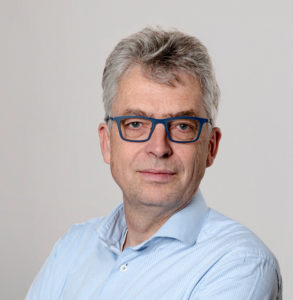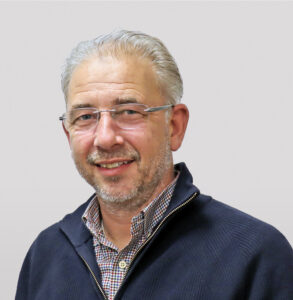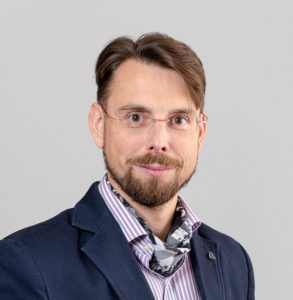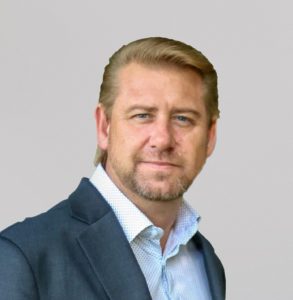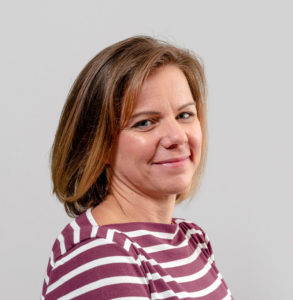“In Berlin, a client saved €800,000!”
June 5, 2025
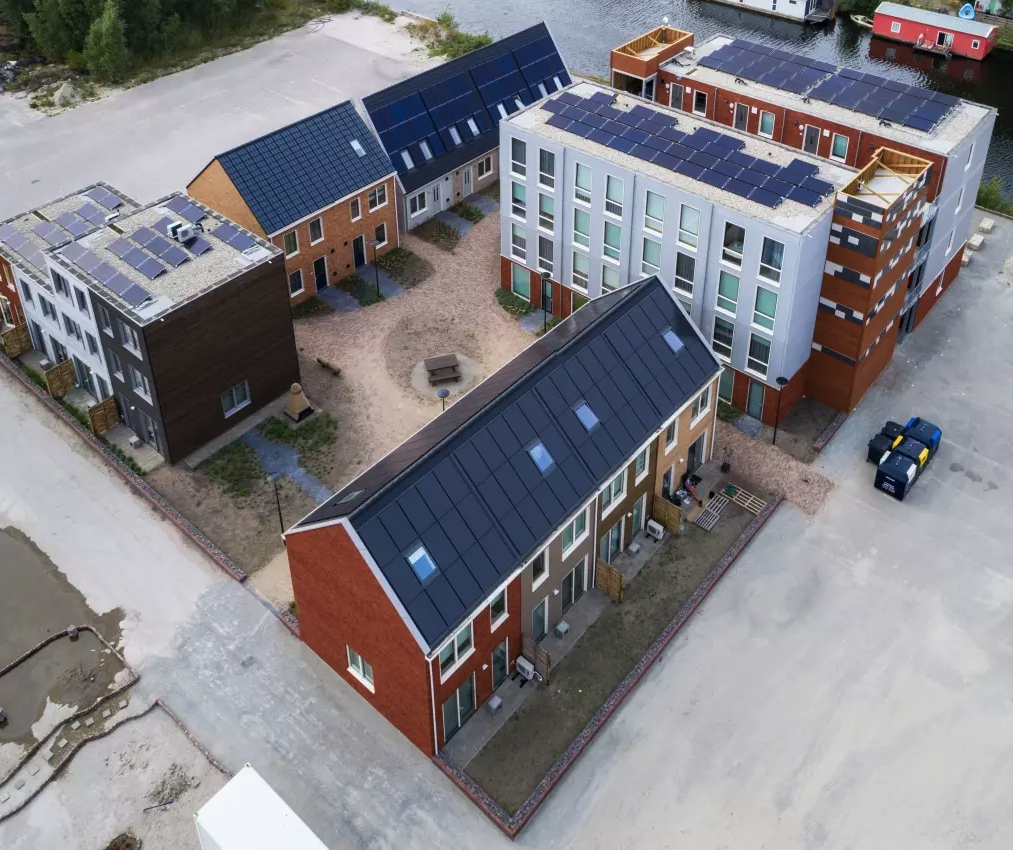
Anyone thinking of acquiring real estate or a company needs to be fully aware of the situation, which includes the area of risks. What might be neatly committed to paper must also correspond with reality. A Pre-Acquisition Risk Assessment (PARA) will help a potential buyer to clearly map out risks in the areas of safety, technical condition and insurability. "It recently saved one of our clients in Berlin €800,000," says Ron de Bruijn, a partner at Riskonet.
The PARA is a specific form of risk assessment in which Riskonet advises a client on the current safety of a potential acquisition object, as well as the associated risks. A PARA can be an invaluable and integral part of the broader “due diligence” process when acquiring real estate or a company. Riskonet clients invariably stress that obtaining the technical picture – with an emphasis on material safety – is indispensable, but that is something that is often missing in a purely legal or financial analysis.
How does a PARA work?
As soon as a client is in the market for an acquisition he gets in touch with Riskonet. The process then kicks off with the sharing of relevant information and providing access to the data room, where key technical and legal documents are available. “Afterwards, we analyse these documents, looking for discrepancies or anomalies. Then we plan a site visit because it’s impossible to make a complete assessment solely on paper,” insists De Bruijn.
Shortly thereafter, a report with an initial overview and “red flags” is generated. Think here along the lines of installations that fail to comply with legislation and regulations, or a lack of the necessary certification, or inadequate fire safety. “That type of information is invaluable for both the buyer and a potential insurer. The client can use the report to substantiate and show insurers their insight into the risks that are involved.”
When was the PARA first used?
As a product, the PARA was developed by Riskonet several years ago for CBRE Investment Management. This major real-estate investor noticed that technical problems regularly manifested themselves during acquisitions in Europe and these later turned out to be very costly, or even compromised the rentability of the object in question.
“We were quick to see that all-too-often installations and construction facilities didn't meet the requirements. Regulations change over time, industrial installations become obsolete, and as a company grows its permits and licenses sometimes fail to keep up. We identified the need to develop a methodology that would map out all these aspects structurally, before an acquisition.”
“On paper, everything seemed to have the necessary approvals and certification, but we found several discrepancies that clearly did not meet the applicable requirements"
Ron de Bruijn, Partner at Riskonet
What does a PARA entail?
The potential range of such discrepancies and anomalies can be broad. For example, Riskonet recently encountered a production company in Germany that had grown exponentially since starting out. “Its operational permit dated from the beginning but had never been updated. Moreover, the company’s capacity had tripled, bringing with it all manner of additional requirements. If you don’t move with the times, you will no longer comply with the law, plain and simple. In addition to buying the company you would also be buying serious risks,” cautions De Bruijn.
Potential buyers in the Netherlands can also sometimes come up against differences. “What is allowed in one country might not be allowed in the Netherlands. It turned out recently, for example, that a Dutch takeover candidate did not have several certificates, something which the buyer had completely missed. That is exactly the kind of thing that we flag up, thereby strengthening a buyer’s negotiation position.”
Does a PARA really help in the negotiation process?
Definitely. Riskonet has established that what a PARA exposes often has a direct impact on an acquisition’s price or its conditions. “We not only give useful insights to a potential buyer, we also give arguments. If we show that something is not as it should be, that fact can be used as a bargaining chip: either the seller has to provide a solution, or drop the asking price.”
As a case in point, De Bruijn cites a large logistics building in Berlin. “On paper, everything seemed to have the necessary approvals and certification, but we found several discrepancies that clearly did not meet the applicable requirements. Consequently, the buyer was able to save €800,000 on the asking price. This enabled them to address the problems themselves afterwards and they had confidence in what they were buying.”
Why a PARA makes all the difference
Many due diligence processes are carried out by legal and/or financial parties, or those that only assess the structural condition. “But they mainly check out the permits and paperwork. If it says that a sprinkler system is present, then that box is often seen as ticked. However, we check whether that system actually meets the applicable requirements. Does it have the capacity, for example? And is everything working as it should?”
Furthermore, Riskonet looks beyond the current situation. “What if the sitting tenant leaves, for example? Will the building still safe if a new tenant has a different risk profile? And will that immediately necessitate a significant change? We consider all manner of scenarios like these, something that standard parties rarely do.”
De Bruijn concludes by stressing the importance of insurability. “We ensure that an object can be insured without problems and that the insurance risk is a good fit with the type of object. This too really sets us apart from other parties in the market.”
